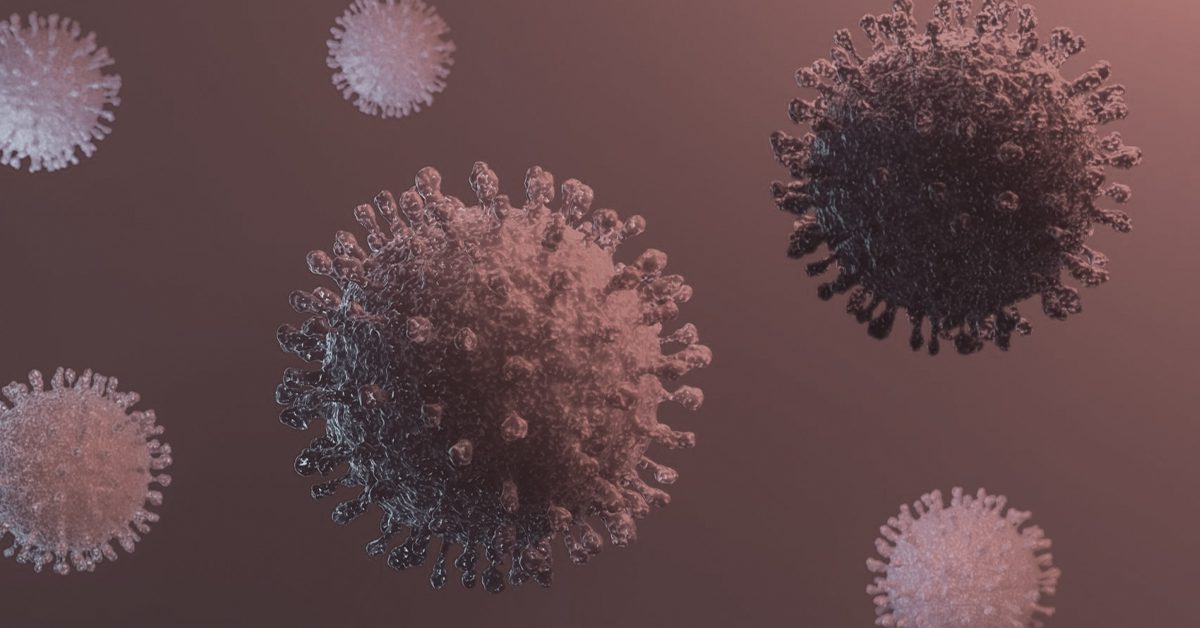Epilepsy is the most common serious neurological disease affecting over 50 million people worldwide and an estimated 5 million plus people in India.
People with epilepsy have recurrent, unprovoked seizures and these have to be differentiated from provoked seizures that follow a tumour, stroke, infection, inflammation, metabolic disease (like very low or very high blood sugar) and so on. A seizure is an electrical storm in the brain; a short circuit in the brain’s normal electrochemical activity.
World Epilepsy Day or Purple Day just passed us on 26th March. In this time of COVID let’s ask ourselves what the implications are for people with epilepsy. Here are some common FAQs.
Can COVID-19 cause epilepsy?
According to the International League Against Epilepsy, there is no direct evidence that the coronavirus infection can directly cause epilepsy. However, like all infections that can cause high fever, breathing difficulties and other problems with normal functioning, being infected can result in a person who is susceptible to epilepsy, suffer breakthrough episodes.
Does epilepsy or its treatment make one more susceptible to COVID-19?
At present there is no information to suggest that either epilepsy or epilepsy treatment (anti-epileptic drugs, most commonly) will in any way make a person susceptible to COVID-19. Indeed, there is no suggestion that people with epilepsy have any special immune vulnerability either. However, the stress a pandemic of this nature can induce in people, the sleep deprivation and attendant lifestyle changes, can all make a person already vulnerable to seizures, express them more frequently.
What should I do if I have a seizure in this time of COVID-19?
If one has never had a seizure before in their lives, it is obviously imperative that they consult a neurologist, urgently and undergo relevant investigations as advised. As most routine clinics are cancelled, the emergency room of a hospital may be a better point of access at this time. However, for people with pre-existent epilepsy, a single seizure is no reason for panic. Call your usual doctor and discuss what you can do to manage your epilepsy better; follow your doctors advice.
Avoid visiting clinics and hospitals for single breakthrough seizures unless you feel it is absolutely necessary. However, if seizures cluster together, or indeed a person suffers continuous seizures with no recovery of consciousness in-between, what is called “status epilepticus”, it must be treated as an emergency.
What precautions should a person with epilepsy take at this time?
People with epilepsy are advised to stock up adequately on their anti-epileptic drugs, as even missing a single dose can cause a breakthrough seizure for some. Compliance with drug treatment is extremely important for people with epilepsy. Stress is inevitable and managing it with meditation, yoga, a healthy diet and lifestyle are all possible. Many good online tutorials exist on all the above. If one is very stressed out an online consultation with a psychiatrist or psychologist can be helpful. Sleep deprivation is another risk factor for people with epilepsy; adequate rest and sleep are therefore very important. Sleep can be disturbed due to stress or indeed due to excessive exposure to digital media — televisions, computers, tablets and smartphones.
Good sleep hygiene: making oneself clean and comfortable before going to bed, making the temperature and lighting in the room ambient and suitable to the extent possible, putting way all digital media and retiring to bed with either a book or gentle instrumental music (if one must have a distraction) are all encouraged.
Are there special precautions?
Unless one is a healthcare worker or otherwise at high risk of exposure, no special precautions are recommended. If a person with epilepsy belongs to this category, they are encouraged to speak with their usual doctor about drug prophylaxis and other precautions. For all other people with epilepsy, the principles of social distancing, avoiding unnecessary contact with people outside one’s immediate family, or indeed taking due care around anyone who is symptomatic of COVID, is adequate.

